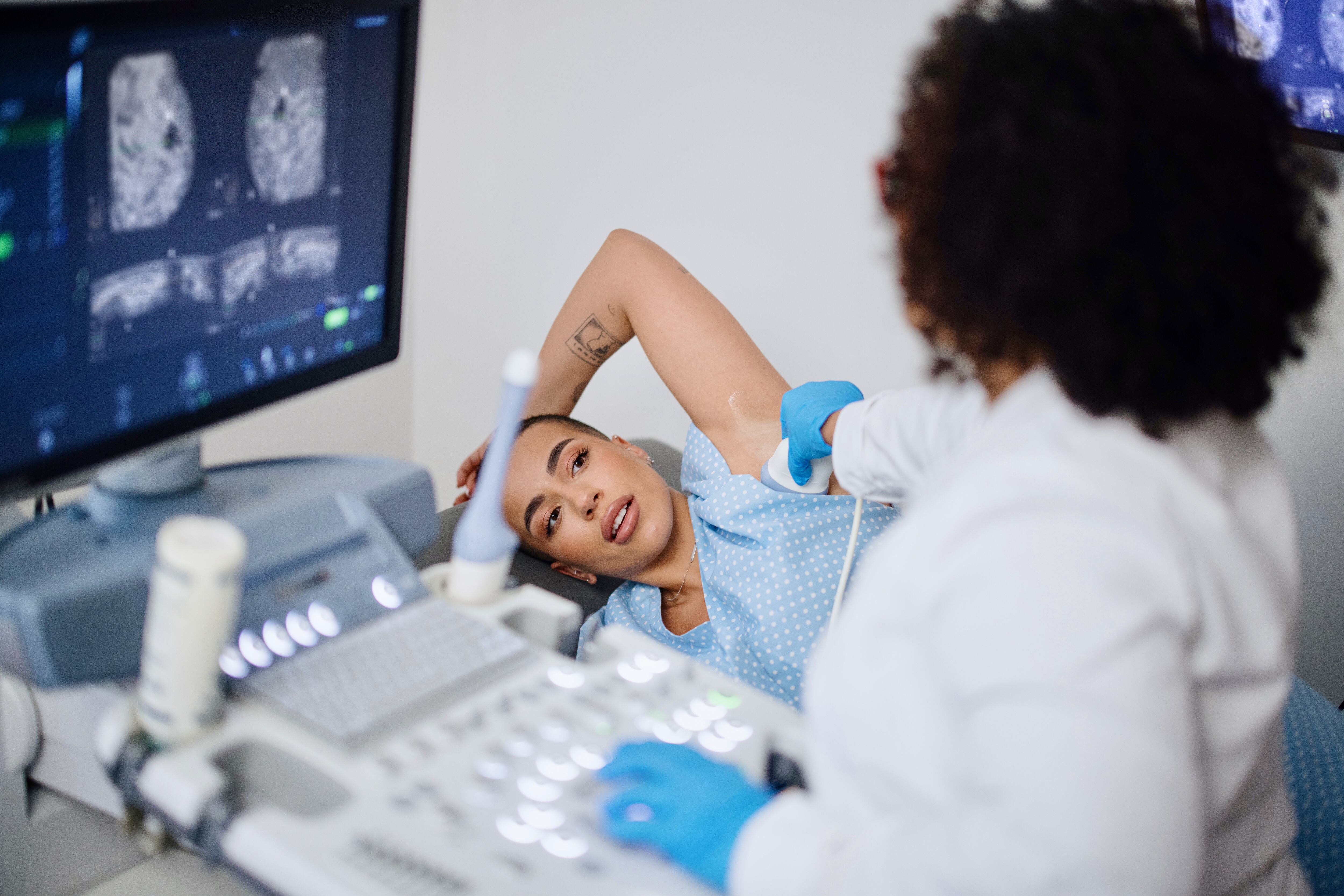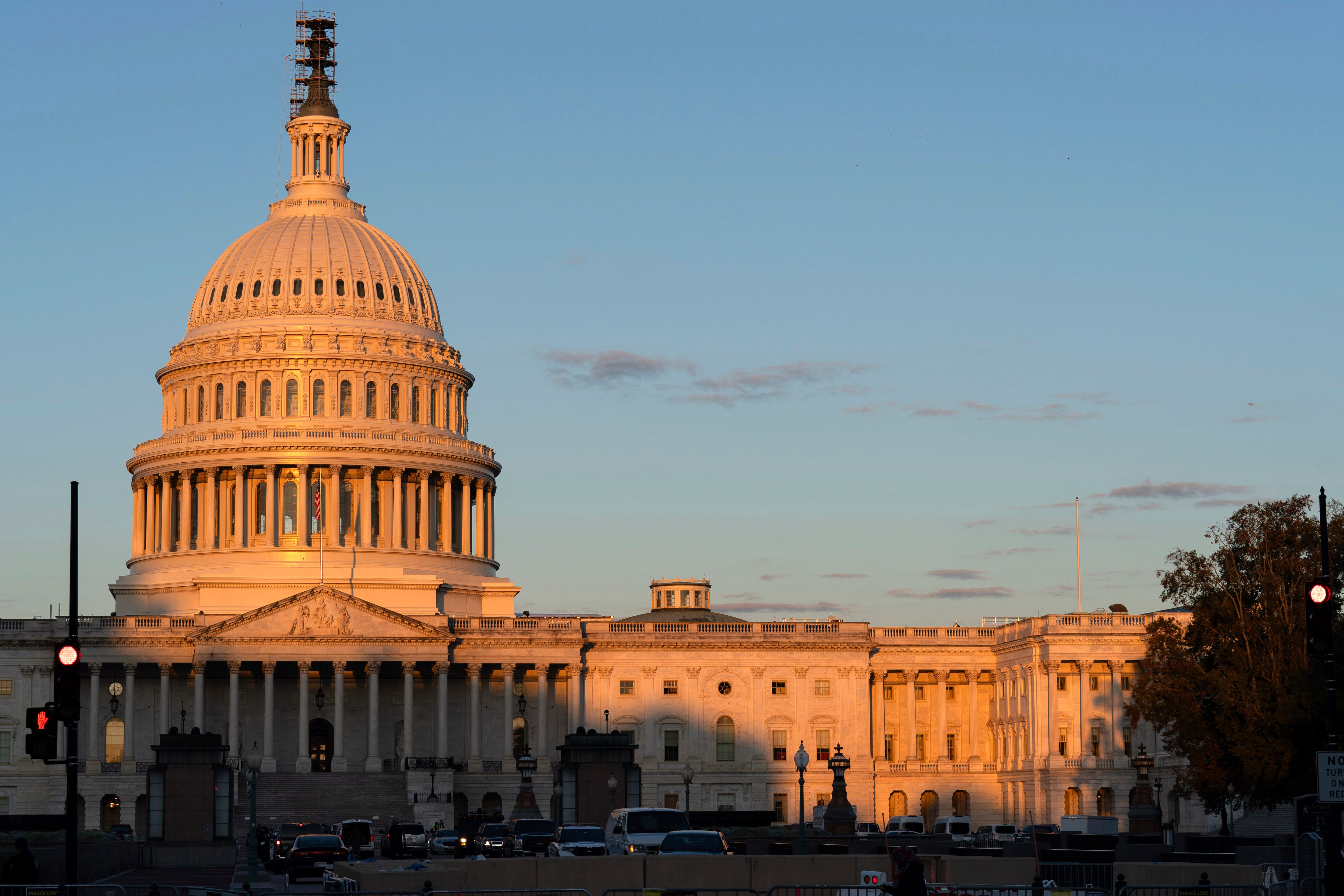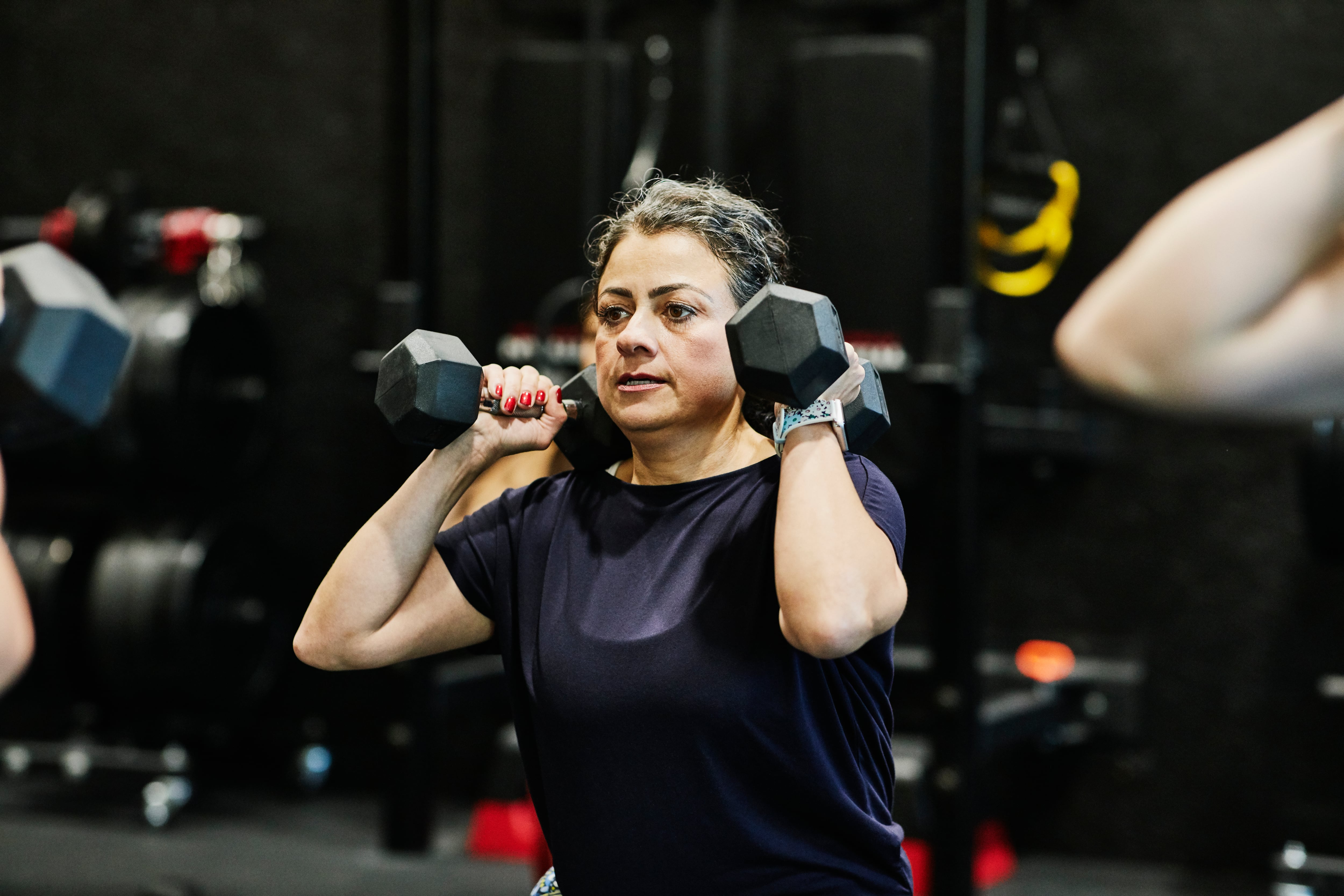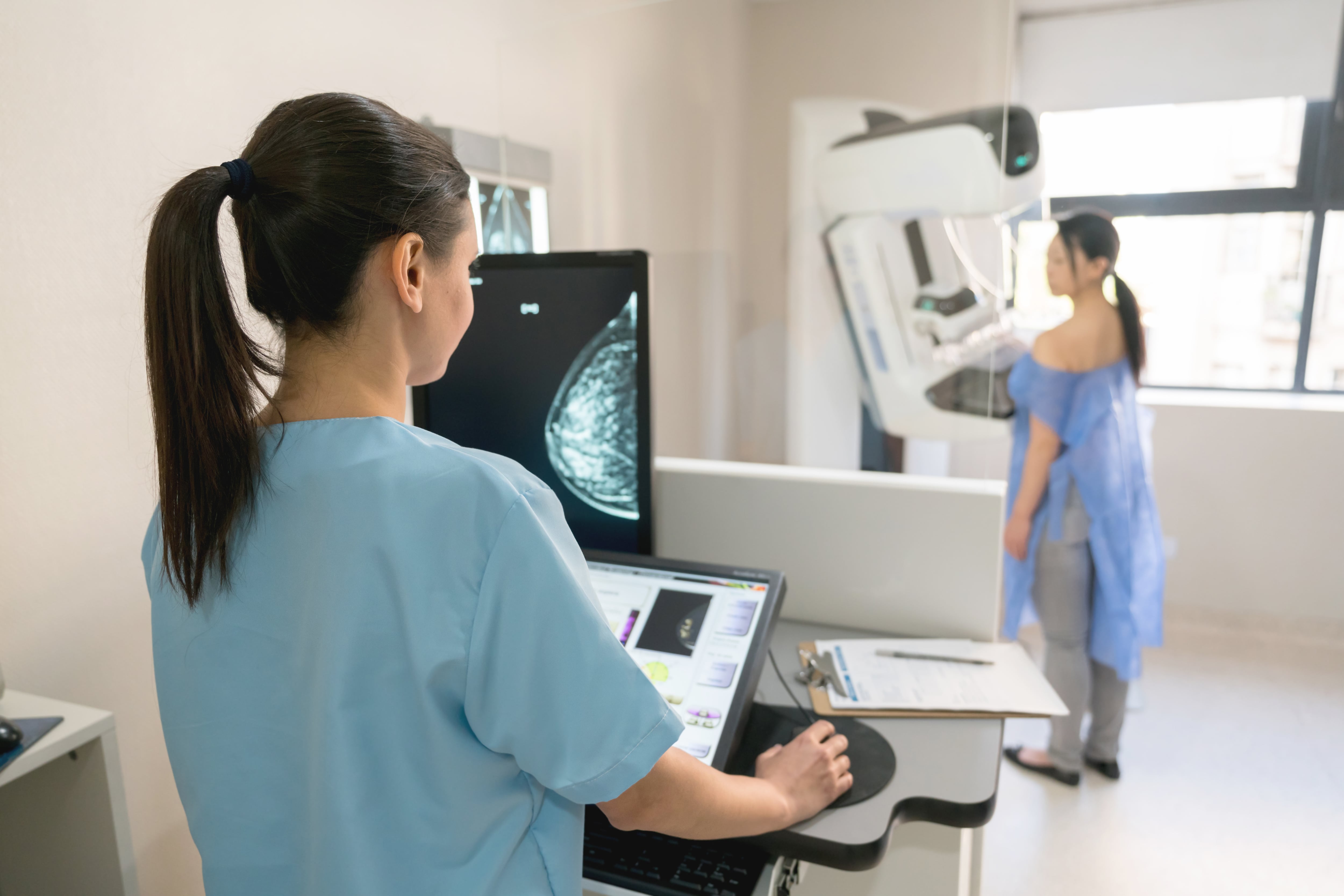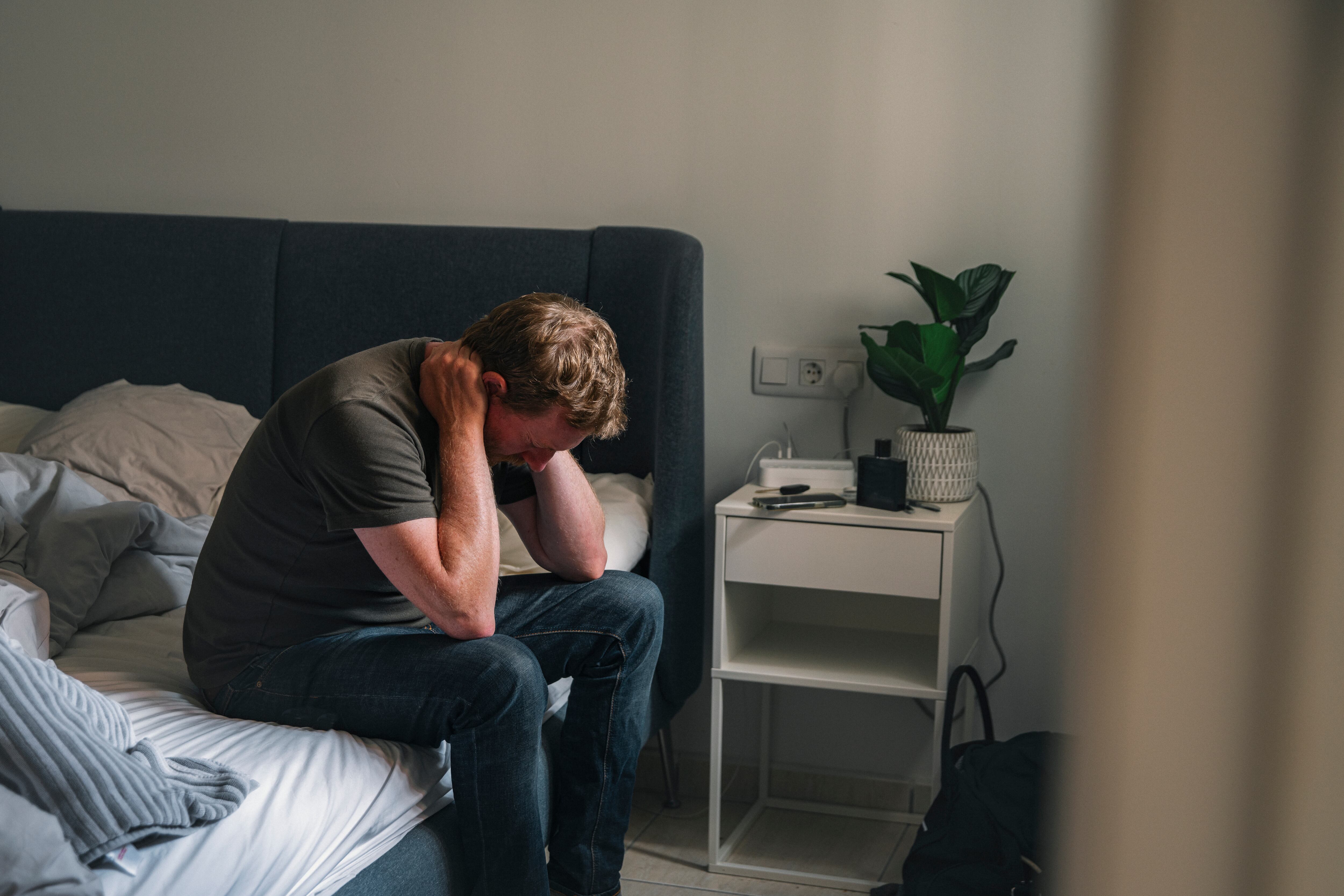It's Sleep Apnea Awareness Month, and specialist Dr. Evan Temkin stopped by Cheddar News to talk about what the condition is and who is most at risk.
"Sleep apnea is actually a constriction of the airway during sleep, where breathing is interrupted," he said. "Pretty much everybody is at risk."
It affects about 50 percent of the population, he added.
Temkin stressed the importance of getting tested and treated as soon as possible, as prolonged sleep apnea has "cardiac implications."
"When you're not getting enough oxygen to the vital organs, your heart is going to start pumping harder," he said, which taxes the muscle layers in the heart.
The most common treatment for sleep apnea is the use of a CPAP machine, which fits over the nose and mouth to ensure adequate airflow while sleeping, but Temkin noted that it's not the only option.
"One of the big problems with CPAP is compliance," he said. "It's uncomfortable."
One alternative is what's called an "oral appliance," which treats sleep apnea by stabilizing the lower jaw and positioning it a few millimeters forward. This can, in many cases, open up the airway, making it easier for people to breathe freely.
Of course, those experiencing symptoms should see a specialist to see which method is best.
